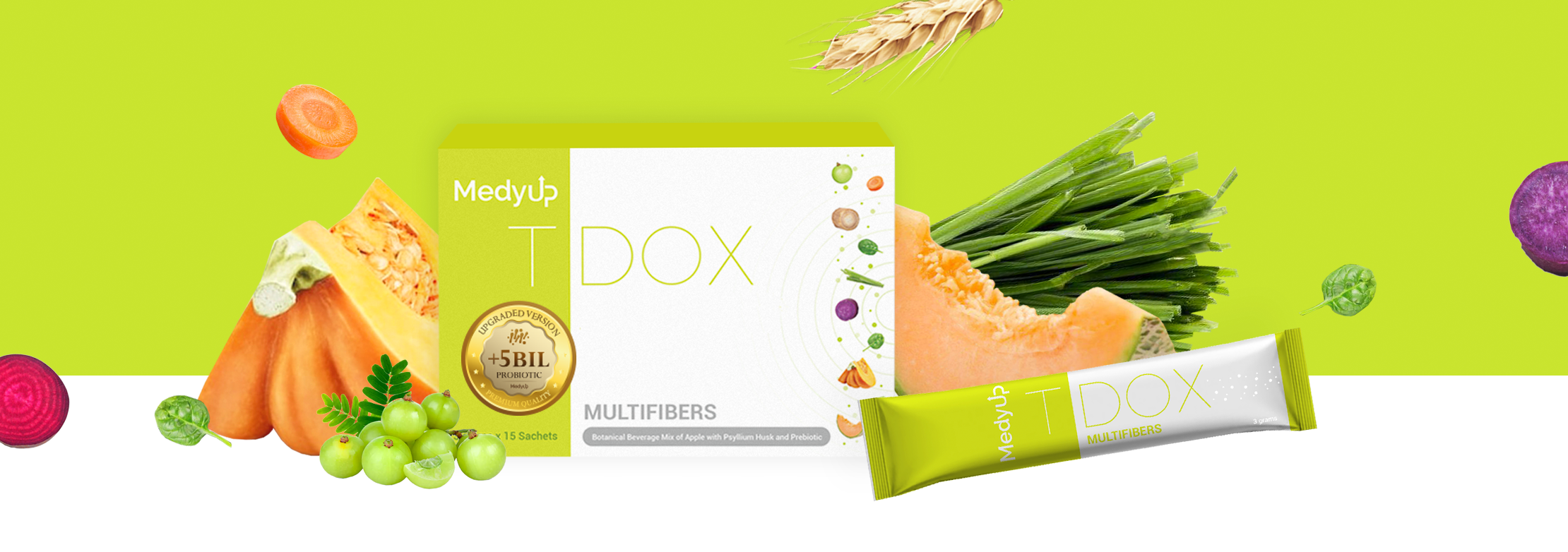
 Probiotic
Probiotic
These living organisms are known for all kinds of health benefits related to gut function and beyond. Many of these bacteria are considered beneficial or “friendly.” Their functions include converting fibre into short-chain fatty acids, synthesizing vitamins, and supporting your immune system. Probiotics are microorganisms that provide beneficial effects when you consume them in the right amounts.
Probiotics are known as microorganisms that provide health benefits include various strains of Bifidobacterium, Lactobacillus, and Streptococcus.
Furthermore, it’s important to consume probiotics in sufficient amounts. Probiotics are measured in colony-forming units (CFU). The higher the probiotic doses consumed; the best result is shown in most studies. However, taking extremely high doses hasn’t been found to cause harm.

Constipation is known as the bowel movements that are hard, and difficult to pass. Everyone experiences constipation once in a while, but in some people, it becomes a chronic problem. Chronic constipation is most common among the elderly and adults who are bedridden, although it can also occur in children. Besides, some people with irritable bowel syndrome (IBS) experience persistent constipation as their symptom. In recent years, dietary changes and probiotics have become increasingly popular alternative approaches. Several studies have shown that supplementing with probiotic strains can reduce constipation in people.
 L-Arabinose
L-Arabinose Barley Green
Barley Green Supergreen
Supergreen Amla
Amla Melon Extract
Melon Extract Apple
Apple